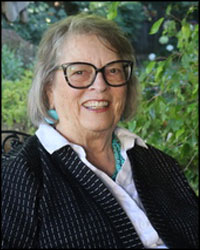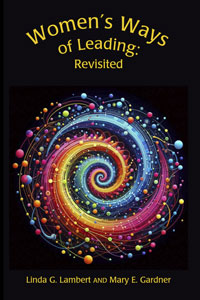« Amazing Lebanon | TAMAM continues… »
The TAMAM Conference in Beirut
“Our teachers are working on our capacities to make of us
thinking human beings.”
-A Third Grade girl in a school video, at an all girl’s school,
Saudi Arabia
From Morocco to Oman and 10 countries in between, the word is school-based reform. This widely acclaimed conference drew educators from throughout the Middle East and North Africa. Most remarkably, the interim Minister of Education from Libya, a professor from Benghazi who is very knowledgeable in teaching and learning and is determined to reopen Libya’s schools as soon as possible (they’ve been closed during the unrest).
Sponsored by the Arab Thought Foundation, the American University of Beirut and the TAMAM (in Arabic: al-tatweer al-mustanid ila al-madrasa)project, the program included school and country presentations. TAMAM is committed to a new paradigm in the Arab world: developing a theory for long-term educational change grounded in school practices while building capacity for improvement. The major approach is inquiry or action research (bottom up change with top down support) focused on building communities of practice, professional development that changes habits of mind, transformation of school culture and working with university teams. I was honored to give the keynote address on leadership capacity, debrief two World Cafes, and teach a workshop on team coaching.
TAMAM captured the imagination of the participants who are using many of the key ideas already. I was most intrigued by Egypt’s report of its new approach to school-based reform with school improvement plans and local boards (“so that our policies won’t change every time we have a change of ministers”). They were the first to admit that these good intentions have yet to reveal good results.
The last discussion question was particularly thoughtful: How can the schools, universities, and ministries go forward together into the future. The groups almost unanimously called for co-equal, mutual partnerships.
“Reform,” our friend Ambassador Hassouna told us before we came, “is the word used everywhere.”
More on TAMAM in the next post, Linda
Leave a Reply




